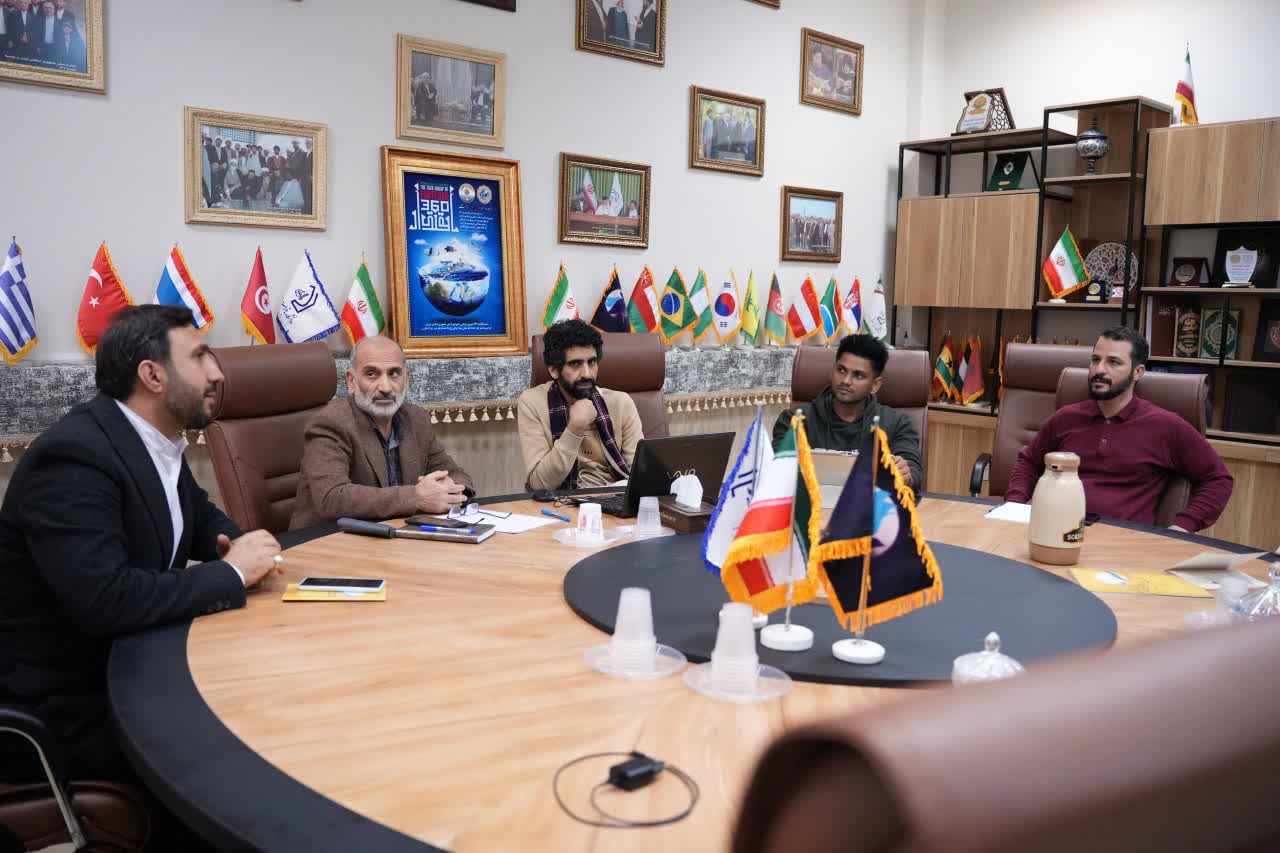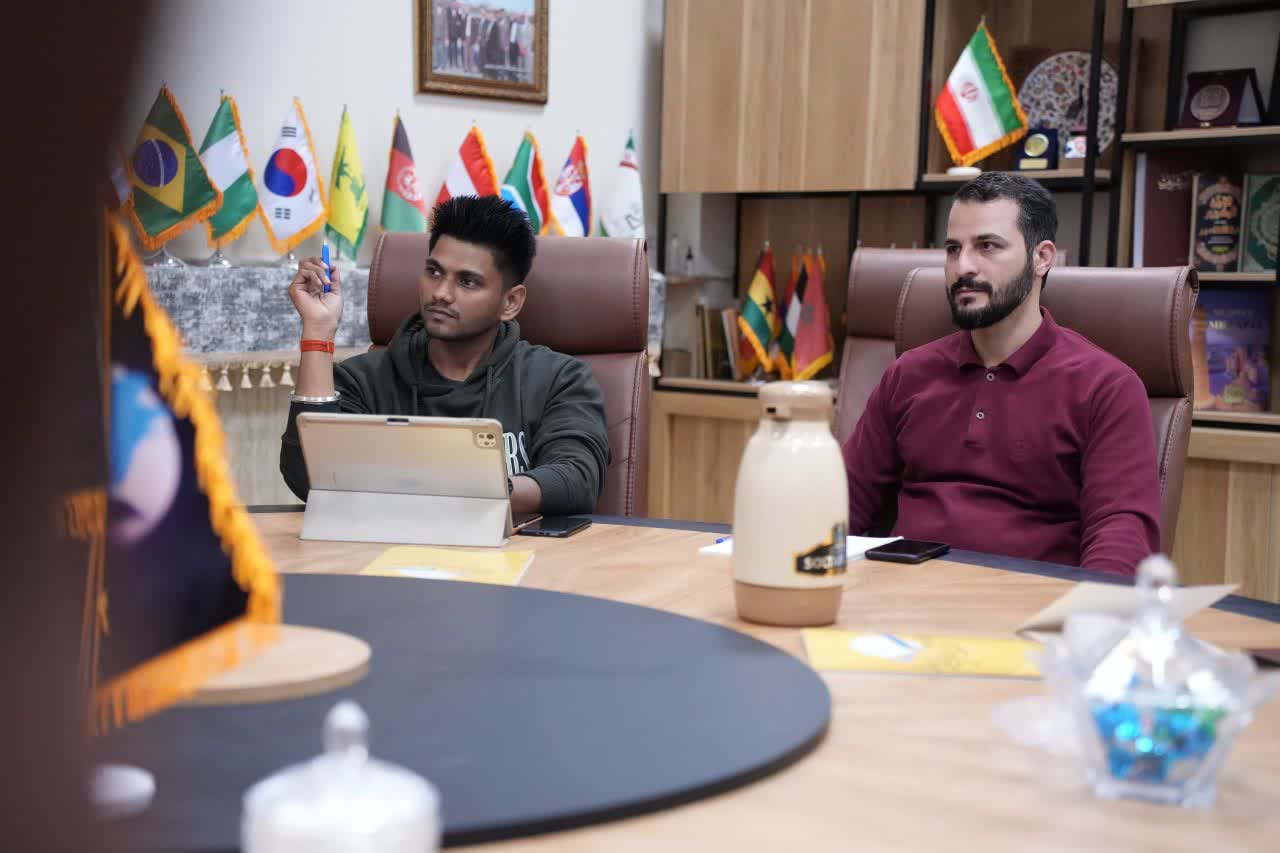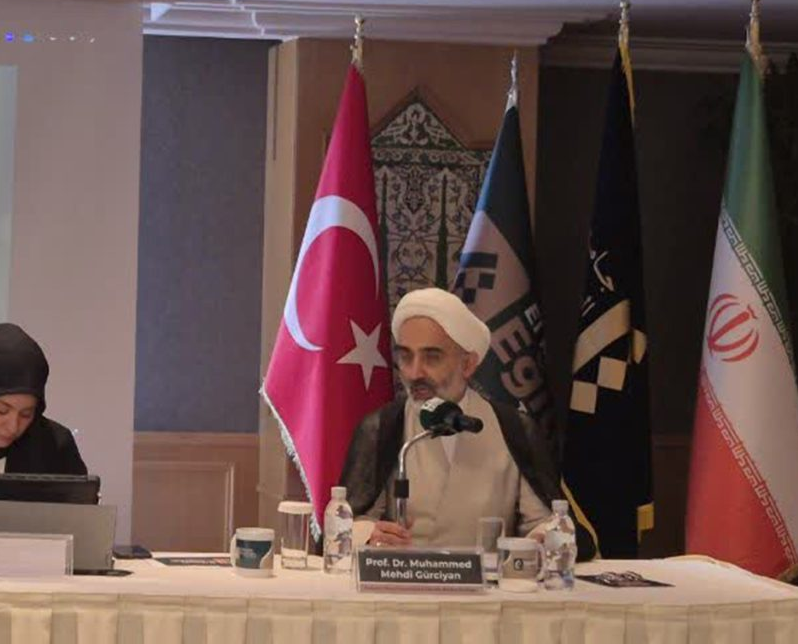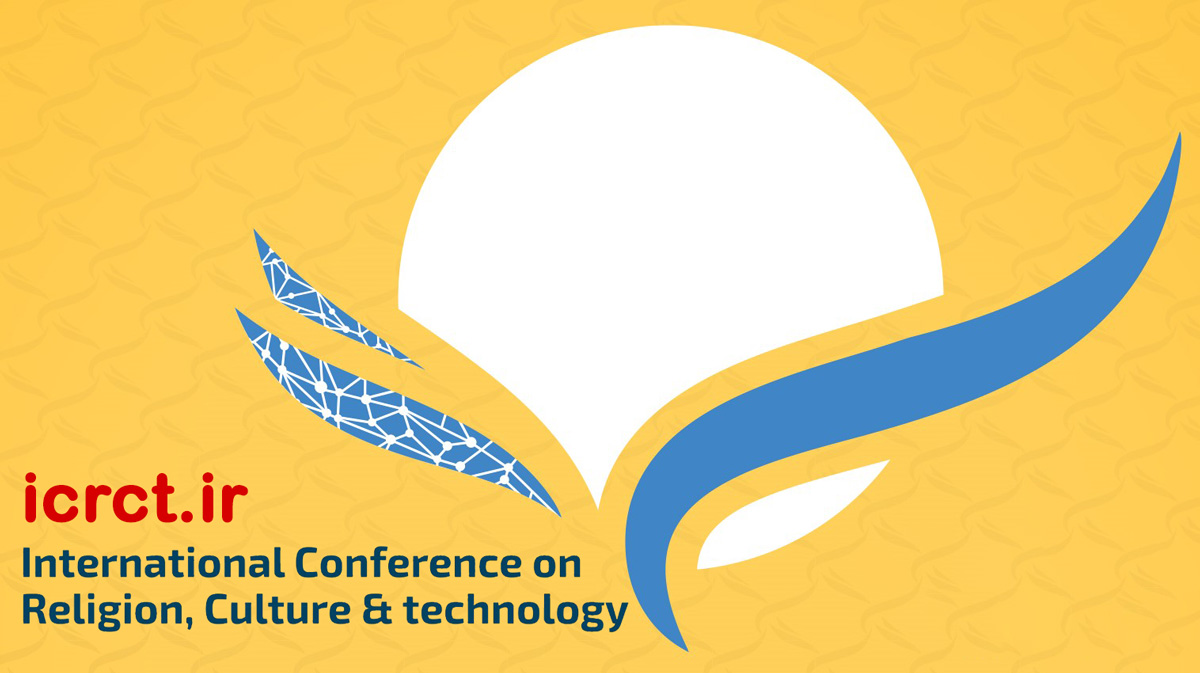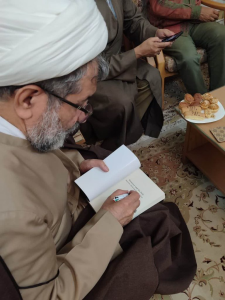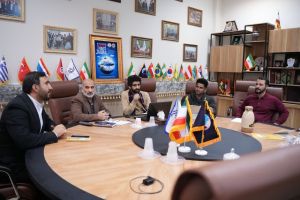On Sunday, November 21, 2021 an academic meeting titled “Islamophobia in Cyberspace” was held with a speech by Dr. Seyed Hadi Sajedi.
With the efforts of the Office of Islamic Studies on Cyberspace (OISC) and cooperation of International Affairs of Baqir al-Olum university, the sixth live webinar titled “Islamophobia in Cyberspace” was held.
At the beginning of the meeting, Shaykh Mahmoud Rafian the scientific secretary of the meeting pointed out that hatred of others and fearing a certain group of people because of their culture is not new. Then he said: Islamophobia has been steadily on the rise since the terrorist attacks of 9/11, which marked a seismic geopolitical shift in the portrayal of Muslims across the media especially in internet and cyberspace. On the positive side, internet also offers unique opportunities and provides the fastest and most powerful tools to convey Islam and Muslims’ cultures.
The scientific secretary at the meeting, Mahmoud Rafian then introduced the speaker of the meeting and said: Dr. Seyed Hadi Sajedi holds a Ph.D. in Philosophy of Social Sciences from the Baqir al-Olum University. He also received fourth level (equivalent to doctoral degree) from the Islamic seminary of Qom. His thesis title was “Islamophobia in the US”
At the beginning Dr. Sajedi explained the words and terms related to the topic then he referred to the biography of Edward Saeed, and his theory about orientalism which is “Indeed, my real argument is that Orientalism is – and does not simply represent- a considerable dimension of modern political-intellectual culture, and as such has less to do with the Orient than it does with “our” world.”
Dr. Sajedi described that the basis of Islamophobia is modern Orientalism, which consists of four elements: Quantitative Change, New Academic Approach, Sympathetic Identification, and Classification of People.
He added: Those Western scholars who came to study Islam or the culture of Muslims, did not understand Islam, rather they were trying to produce Islam for their audience. So the Orientalism that leads to the result of Islamophobia is the process of producing Islam.
The assistant Professor of Baqerul Uloom University then said: Orientalist stereotypes in recent centuries have always been cited as the source and reference of Western information about Islam and Muslims culture and are considered as a kind of source and root of contemporary Islamophobia. Some of the most popular of these stereotypes are: undeveloped, extremist, terrorist and misogynistic.
Dr. Sajedi listed 12 general characteristics of Islamophobia in cyberspace, which are:
Distinctions between “We” and “They”
New Invasion
Journalists instead of Experts
Classical Islam not contemporary one
People as We Know
Islam as a Commodity
No attention to Islamic writings on Islam.
Depending on a network.
Created associations between Islam and negative concepts.
Ambiguity and Silence.
Exaggeration of any negative point.
Choosing specific topics for scholarship on Islam and Muslim issues.
Explaining these twelve attributes of Islamophobia in cyberspace, he said: Muslim scholars wrote many research works and books on Islam and Islamic issues, but Westerners did not consider these sources as a source of research. Instead, they refer to what they themselves wrote in past centuries. This is how they distort the image of Islam and Muslims in media and cyberspace. Dr. Sajdi stated: When they work on a contemporary Islamic society, a movement, or a figure, they consider them as a silent evidence, not as an alive being who has the right to reply or defend himself. They keep silent on many things about Islam and the Muslim world. Emerson’s film is another example for reason it makes no effort to compare the potential Islamic Jihad terrorists with the same potential terrorists from other religions or beliefs, nor to the local networks of militiamen.
At the end, Dr. Sajdi discussed the ways and strategies for resisting and countering Islamophobia. He said: we should try to activate general possibilities of people; and increase media literacy of people. It should be noted that young Muslims have a huge potential and we have to educate youth for playing active roles and prepare more facilities of necessary hardware.



















